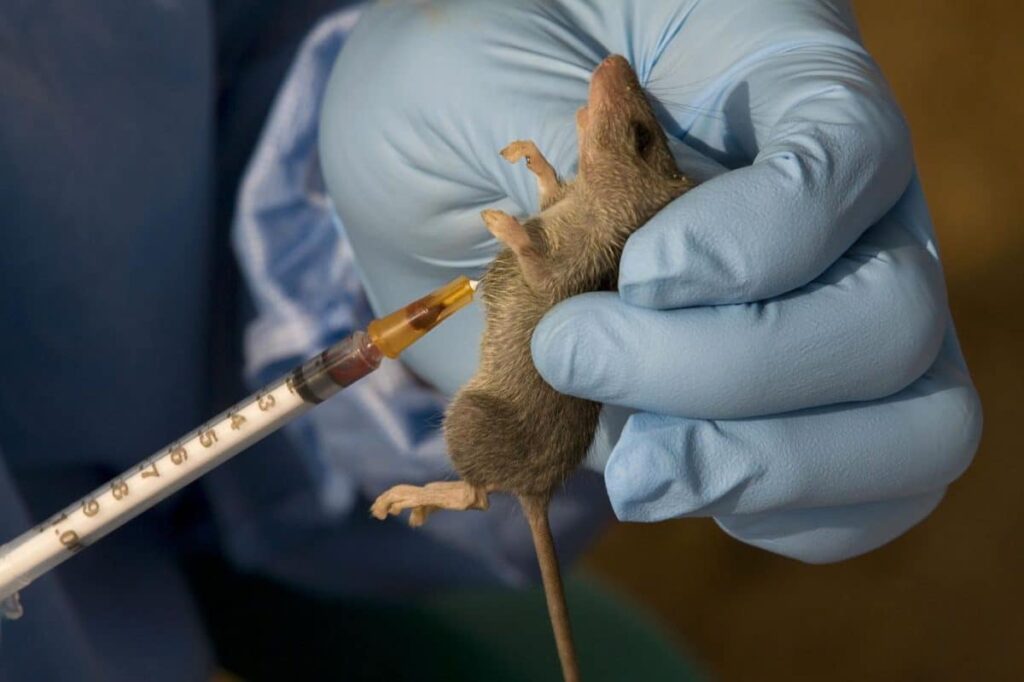Benue State Reports 243 Suspected Lassa Fever Cases, 13 Deaths
The Benue state government has reported a significant outbreak of Lassa fever, with 243 suspected cases and 13 deaths recorded since January 2025. According to State Epidemiologist, Dr. Asema Msuega, 18 of these cases have been confirmed through laboratory tests. Of the deaths, five were from confirmed cases, while eight were classified as probable, meaning the individuals suspected to have Lassa fever died before samples could be taken for testing.
One of the victims was a health worker, highlighting the risks faced by medical professionals in the line of duty. Dr. Msuega explained that the state’s health ministry has been working to combat the spread of the disease. In August 2025, the ministry partnered with the World Health Organisation (WHO) to launch a community intervention project in areas with high rates of Lassa fever transmission.
The project focuses on key areas such as rodent control, environmental sanitation, and clean-up exercises, as these are crucial in preventing the spread of the disease. Additionally, the initiative involves community sensitisation and training health workers on effective case management and referral pathways. By targeting the root causes of Lassa fever transmission, the project aims to reduce the number of cases and deaths in the state.
Lassa fever is a viral hemorrhagic fever common in West Africa, and its spread is often linked to poor sanitation and the presence of infected rodents. The disease can be deadly if not treated promptly, making early detection and intervention critical. The Benue state government’s efforts to combat the outbreak, in collaboration with international health organisations, are essential in controlling the spread of the disease and protecting the health and well-being of its citizens.
The ongoing community intervention project is a step in the right direction, and its success will depend on the continued collaboration between health authorities, international partners, and the community. As the situation develops, monitoring the outbreak and responding to new cases will be crucial in preventing further spread of the disease.
